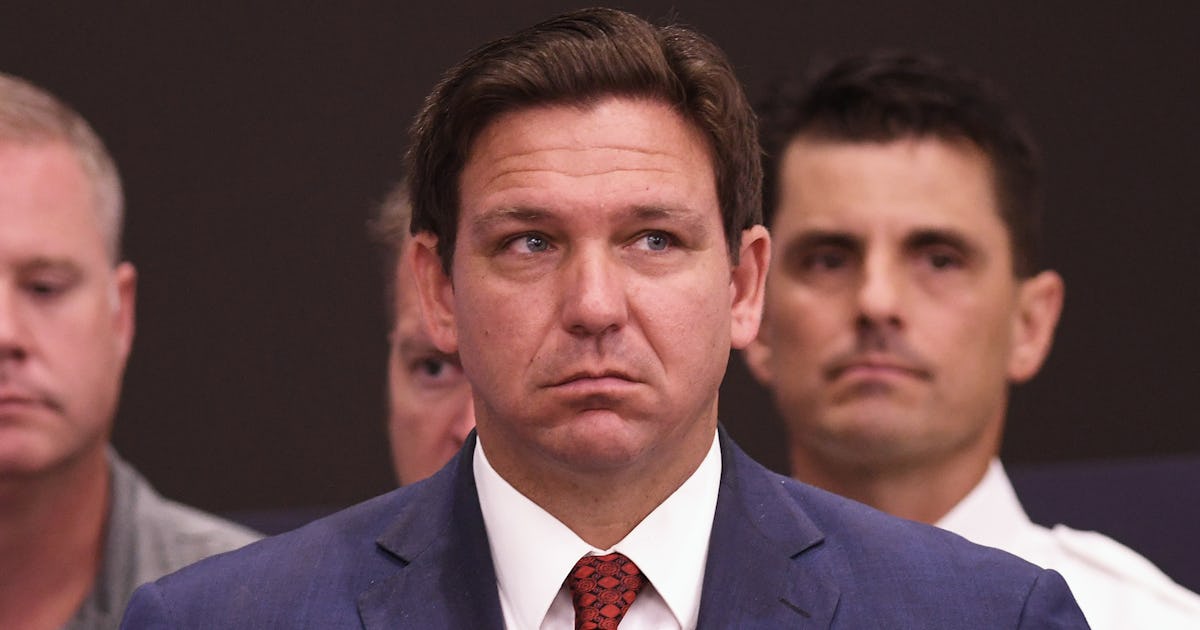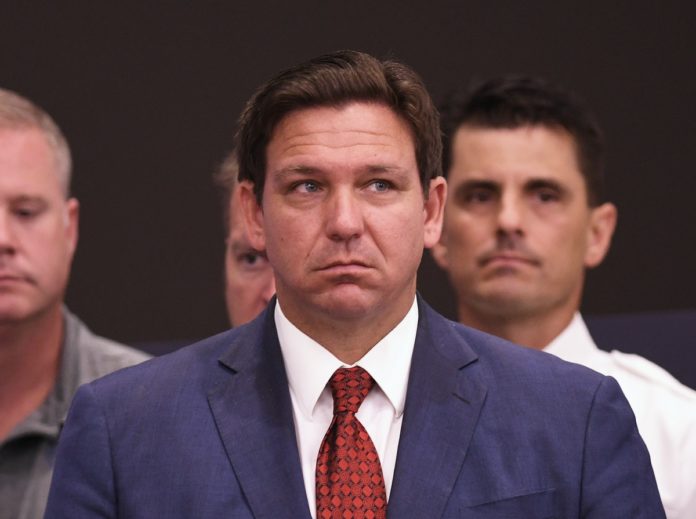
Florida’s controversial Parental Rights in Education Bill (otherwise known as the “Don’t Say Gay Or Trans Bill”) has prompted a lawsuit attempting to stop the law’s enforcement, which went into effect on July 1. Attorneys general (AGs) from 16 states are included in the suit, arguing that the state’s bill harms students and teachers and lacks educational merit.
Axios reported that the AGs filed an amicus brief in support of the case, Equality Florida vs. Florida State Board of Education, to block the enactment of the “Don’t Say Gay” bill, which will be actively enforced when kids in the state head back to the classroom this fall. The coalition bringing the lawsuit includes the District of Columbia, New Jersey, California, Colorado, Connecticut, Delaware, Hawaii, Illinois, Maine, Maryland, Massachusetts, Michigan, Minnesota, Nevada, New York, and Oregon.
The brief argues that one of the state’s important “duties” in public education is to “protect” students from harm, and this bill goes directly against that responsibility. The lawsuit’s aim is to have the law stricken down and suggests states hire trained teachers to address LGBTQ+ topics in schools. It also argues that the bill presents an “unlawful attempt to stigmatize, silence, and erase LGBTQ people in Florida’s public schools.”
The “Don’t Say Gay or Trans” bill, championed by Florida Governor Ron DeSantis, was passed into law in March 2022 and went into effect on July 1, effectively banning teachers and schools from discussing gender identity and sexual orientation in the classroom, specifically for kindergarten through grade 3. Experts fear that the law could have broad application for older ages and that it could prevent teachers from talking about their spouses or partners, or even stop kids from talking about their own family makeup if their parents are LGBTQ+.
Florida’s bill allows parents to sue the school district if these topics are discussed under the idea that their “fundamental rights” as a parent were violated.
“This law will prevent our two youngest children, rising first and third graders, from discussing their older non-binary sibling in the classroom for fear of their teacher or their school getting in trouble,” stated Jennifer and Matthew Cousins, two plaintiffs in the lawsuit, per WCJB.
“Essential to being able to live with dignity, safety, and respect is being able to say loud and clear who you are as a human being, to speak your truth,” Minnesota Attorney General Keith Ellison said in a statement. “But under this law, Florida kids can’t speak their truth. Their parents can’t speak their truth. Teachers can’t speak their truth.”
Advocates and activists for LGBTQ+ rights have criticized the “Don’t Say Gay or Trans,” saying that the Florida bill is directly harmful to transgender and queer youth at a time when legislation taking aim at trans kids is rising nationwide. The Florida bill became a template for other states to formulate or pass similar laws aimed directly at trans and queer youth in school settings.
The lawsuit asks the court to “declare the law unconstitutional, prevent it from being enforced, and award plaintiff’s costs, expenses, and attorneys fees.” If this bill gets overturned, copycat laws in other states could be on shakier ground.
On July 1 alone, ten anti-LGBTQ+ laws targeting schools went into effect across the country. Some bills target which bathrooms kids are able to use and which sports teams kids can join, while others require teachers to “out” students to their parents if they disclose that they may be trans or gay. More than 240 bills have been introduced this year across the country that target trans youth.







